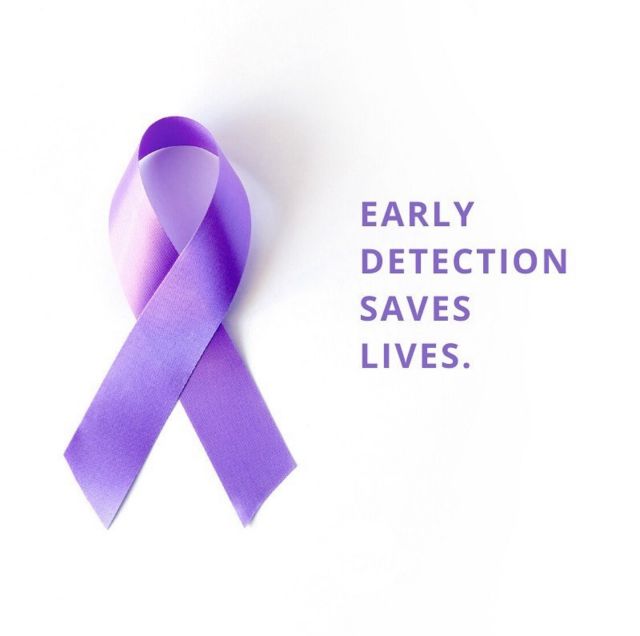Pancreatic cancer is distinguished by its high-risk nature and frequently late-stage diagnosis, poses a significant challenge in the realm of oncology. As researchers continue to study the complexity of this disease it is also a source of concern for the causes. genetic predispositions. prevention strategies. as well as the support provided by pancreatic cancer charities.

Pancreatic Cancer Can it be Genetic?
The genetic cause of pancreatic cancer is one of the most asked-for concerns. Certain pancreatic cancers have been linked to genetic mutations. Although the majority of cases of pancreatic cancer are thought to be sporadic (meaning that they do not appear to be inherited), a small number of cases may be inherited. Certain genetic diseases, like hereditary pancreatitis (also called hereditary pancreatitis), Lynch syndrome (also known as Lynch syndrome), and familial multiple mole malignancy (FAMMM syndrome) are associated with increased risk of pancreatic cancer. In familial cases of pancreatic carcinoma it has been discovered that mutations exist in the genes BRCA1, BRCA2, PALB2, ATM and BRCA2. Understanding the genetic basis of pancreatic cancer does more than helps to understand its causes but also informs screening and risk assessment strategies for individuals at high risk.
Prevention of Pancreatic Cancer
A pancreatic cancer diagnosis can be fatal and therefore efforts to avoid it are essential. While certain variables like race, age, gender and family history are beyond our control, we can make lifestyle adjustments to decrease the risk. The decrease in pancreatic cancer risk is a result of cutting down on smoking, maintaining your weight in a healthy range as well as limiting alcohol consumption and consuming a diet that is rich in fruits, vegetables and whole grains. Additionally, people who have a family background of pancreatic cancer, or predispositions to genetic disease may benefit from genetic counseling and testing to determine their risk and help determine preventive measures. In groups at high risk, addressing modifiable factors and encouraging early detection can help prevent pancreatic cancer. For more information, click Prevent pancreatic cancer
Pancreatic Cancer: Causes and Treatment
Knowing the root causes of pancreatic cancers is critical to develop effective prevention and intervention measures. While the exact mechanisms underlying pancreatic carcinogenesis remain elusive however, a number of risk factors have been recognized. Smoking, which accounts for 20-30% or more pancreatic cases of cancer, is among the main risk factors. Chronic pancreatitis is a condition which is caused by inflammation of pancreas, has been suspected of being a precursor to pancreatic cancer. In addition weight gain, diabetes and certain dietary elements like red or processed meats, have been associated with the risk of pancreatic cancer. Pancreatic cancer risk can be reduced by addressing major risk factors, and taking targeted preventive measures.
Pancreatic Cancer Charity – A beacon of Support
Faced with the difficulties faced by pancreatic cancer, the role of pancreatic cancer organizations can’t be overstated. They are invaluable aids to patients, caregivers and healthcare professionals too and provide support and education, advocacy as well as research funds. Pancreatic cancer charities offer an array of services including financial aid and support groups, as well as informational resources, as well as access to clinical trials. They also play an crucial role in raising public awareness about the pancreatic disease by encouraging early detection, and encouraging more funding for research. Through fostering collaboration and social engagement, pancreatic Cancer organizations strive to make significant contributions to fighting this devastating cancer.
Pancreatic Cancer: A Landscape View
Pancreatic cancer is a specialized disease that requires a comprehensive strategy that incorporates genetic understanding and preventative services offered by Pancreatic cancer charities. To prevent pancreatic cancer, the focus is on reducing risk and the early detection of people at risk. The treatment for pancreatic cancer is by tackling the root reasons and using the resources provided by pancreatic organizations. With the development of research and increasing awareness, we could expect an improvement in the lives of those fighting pancreatic cancer.

